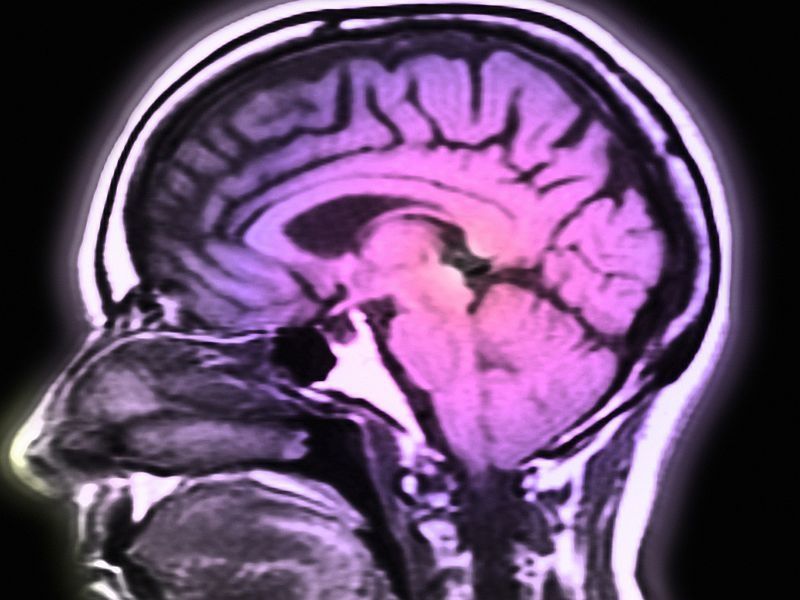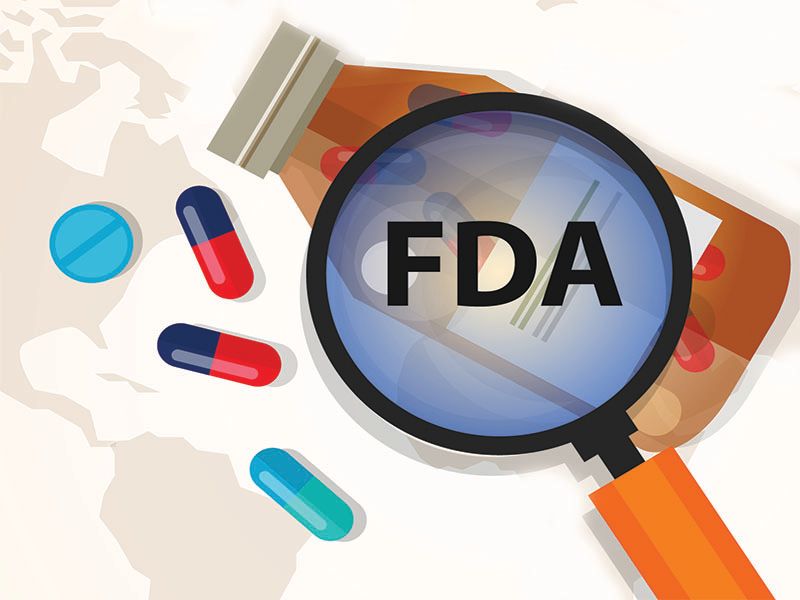‘Zombie Genes’ Spur Some Brain Cells to Grow Even After Death
FRIDAY, March 26, 2021 (HealthDay News) — When people die some cells in their brains go on for hours, even getting more active and growing to gargantuan proportions, new research shows. Awareness of this activity, spurred on by “zombie genes,” could affect research into diseases that affect the brain. ForContinue Reading










